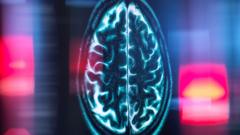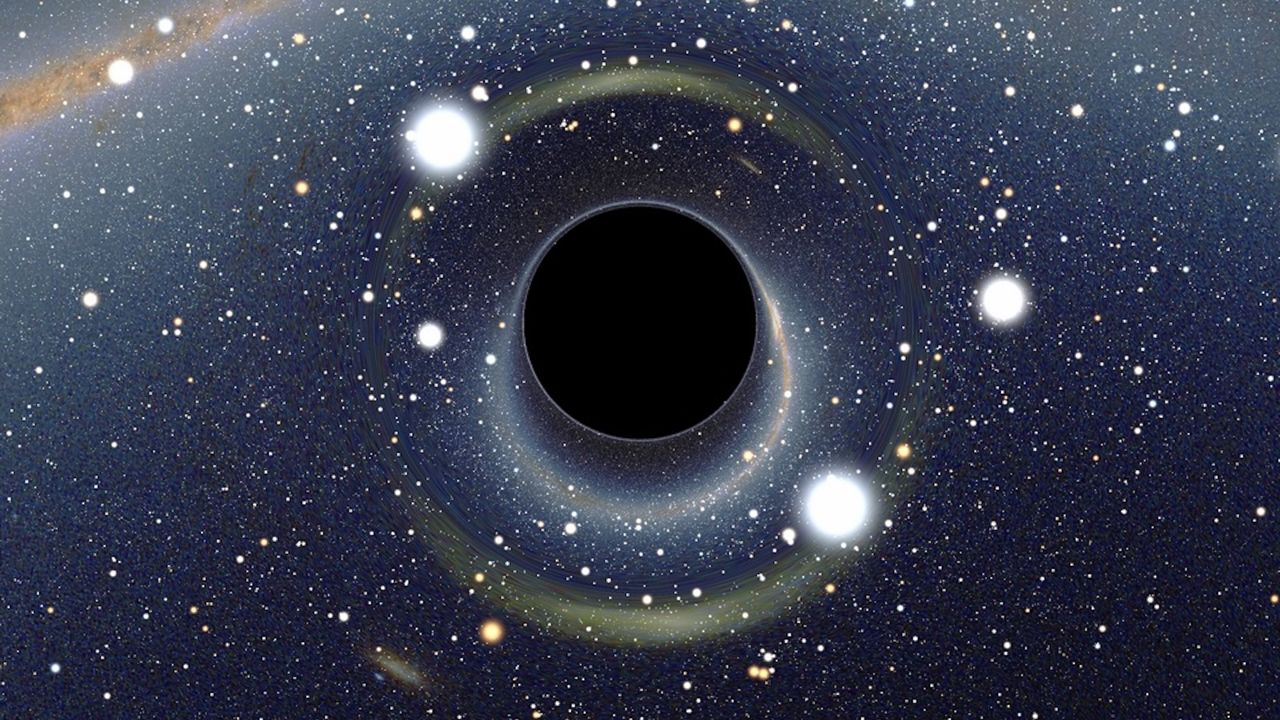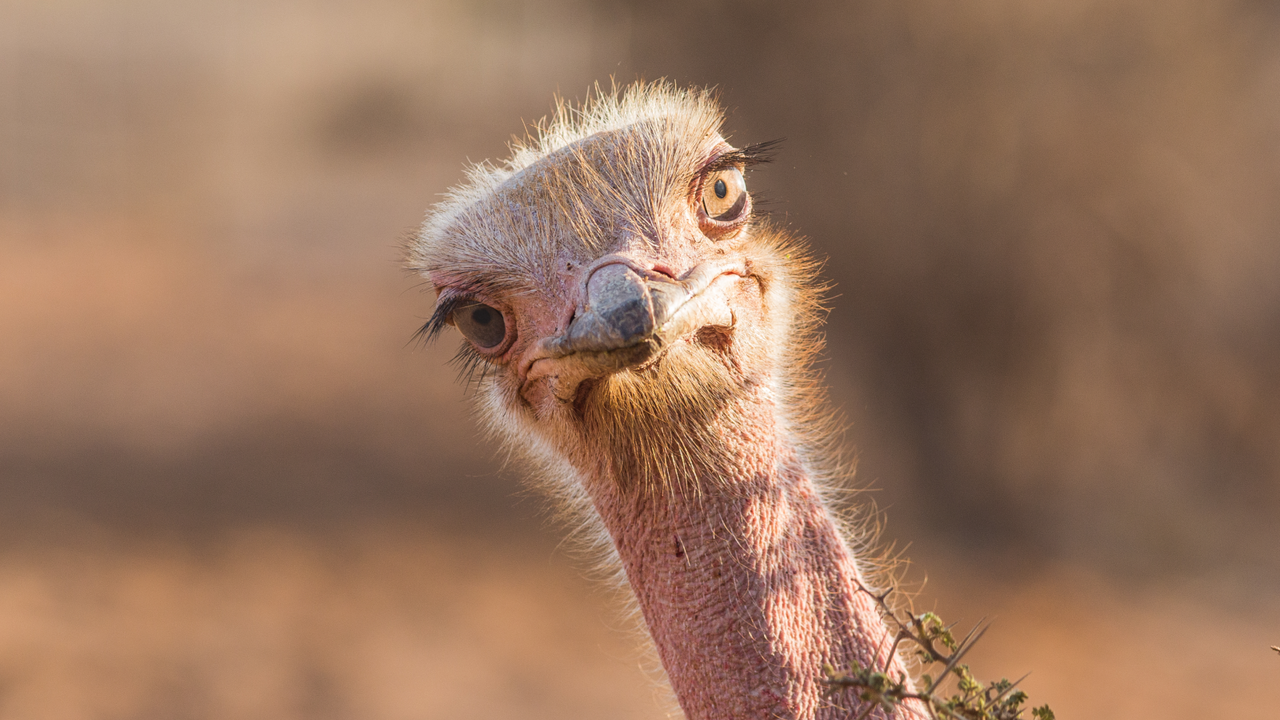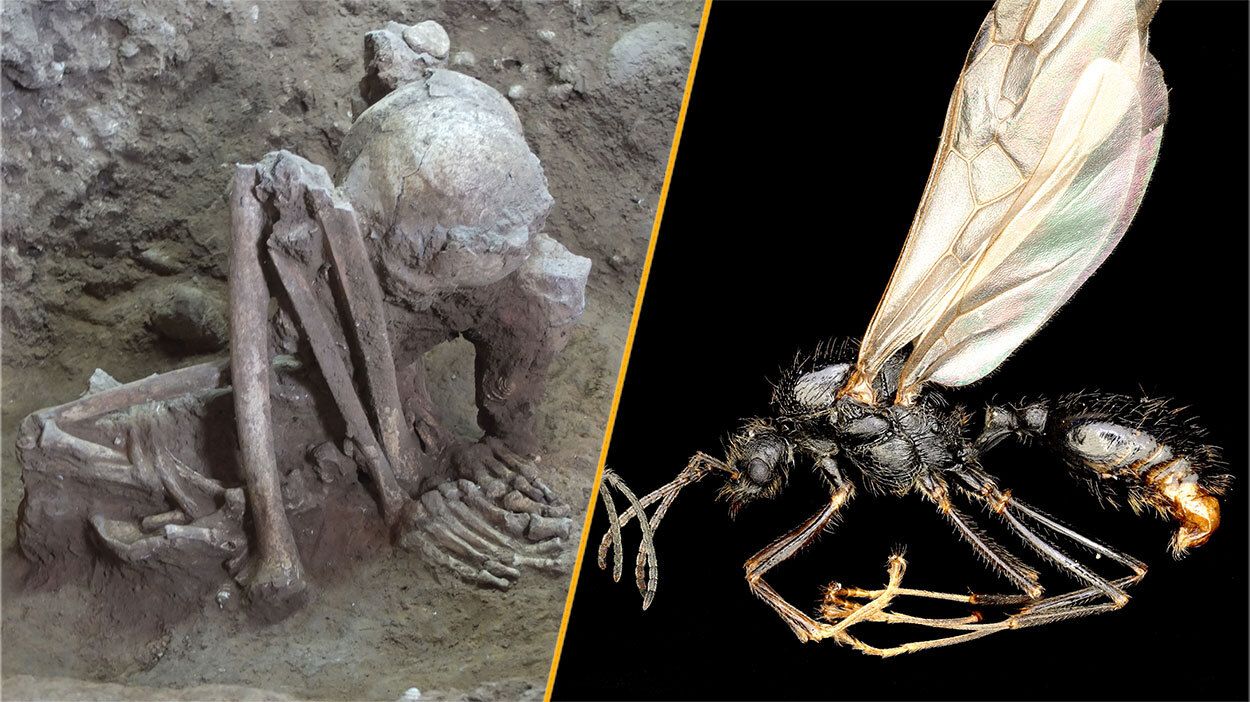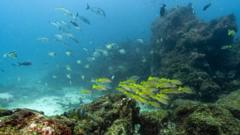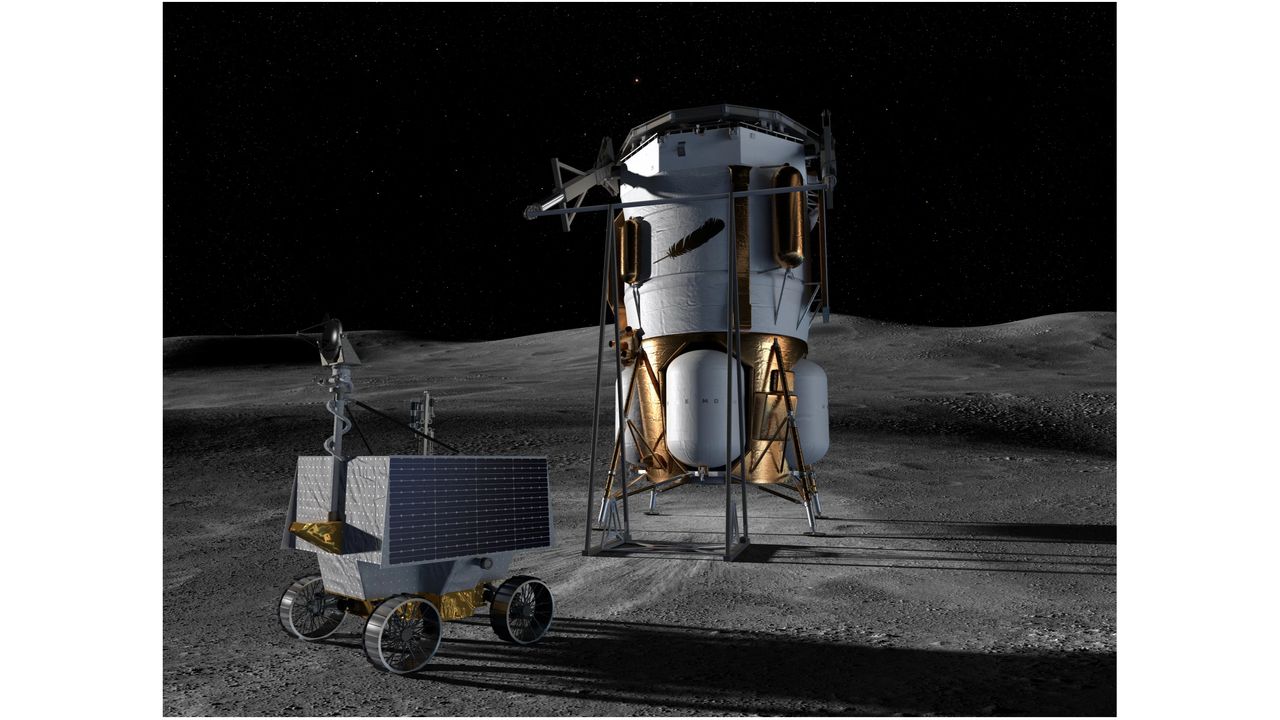2025 Ig Nobel Prizes Awarded for Research on Tipsy Bats and Pasta Physics
PositiveScience
The 2025 Ig Nobel Prizes have been awarded, celebrating quirky and humorous research that makes us think. This year's winners include studies on tipsy bats and the physics behind the beloved pasta dish, cacio e pepe. These awards remind us that science can be fun and engaging, encouraging curiosity and creativity in research. It's a lighthearted way to appreciate the oddities of the scientific world while highlighting the importance of innovative thinking.
— Curated by the World Pulse Now AI Editorial System



